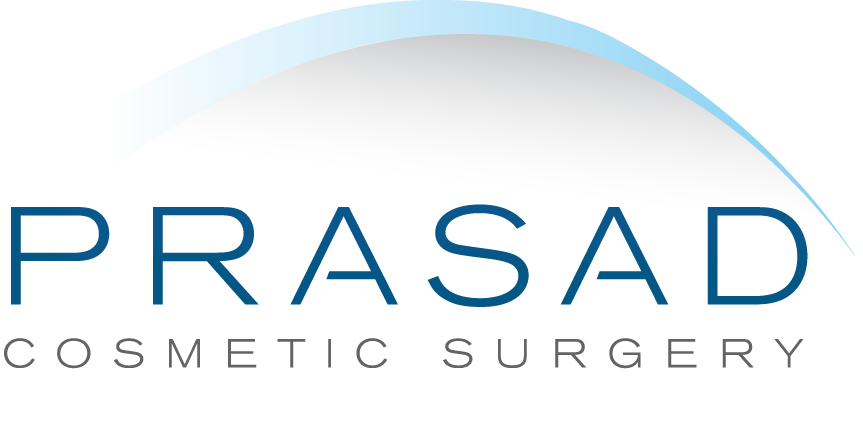Injectable filler placement for a wide range of cosmetic issues is a popular treatment. This has resulted in a wide range of practitioners offering these types of procedures. A question which is often heard is, “who do I go to for the best results for filler treatment?”. I’ll discuss the principles of safety, and post-treatment management, which are important to understand when you’re looking for the right doctor to perform your injectable filler
I’m Dr. Amiya Prasad. I’m a Board Certified Cosmetic Surgeon and Fellowship Trained Oculofacial Plastic Surgeon. I’ve been in practice in Manhattan and Long Island for over 20 years. I’m well known for cosmetic surgery such as upper eyelid surgery, under eye bag surgery, brow lifts, facelifts, and other surgeries to treat the effects of aging. I’m also known for my work with cosmetic filler placement for the eyes and face, and genetic and aging issues where volume deficiency is a major factor.
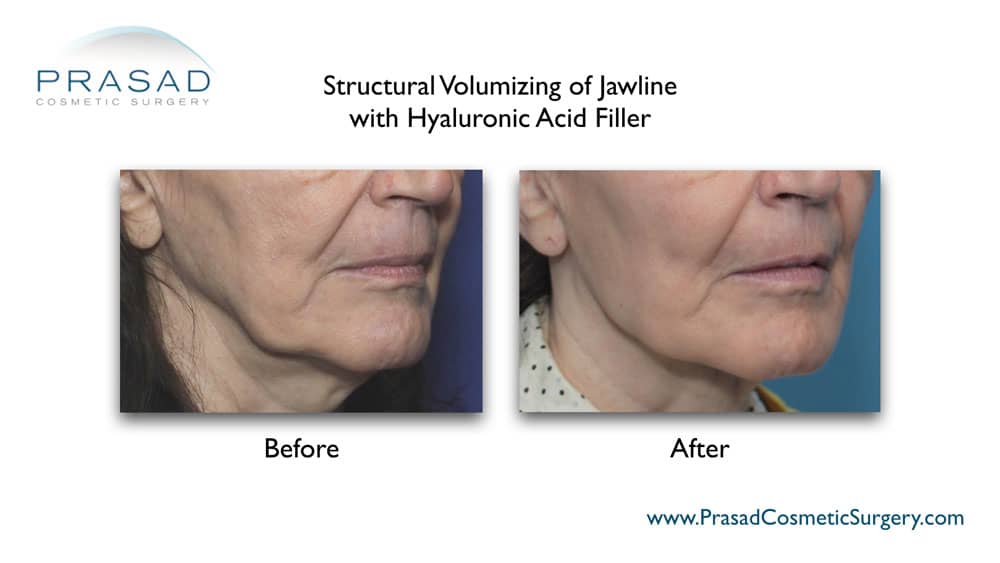
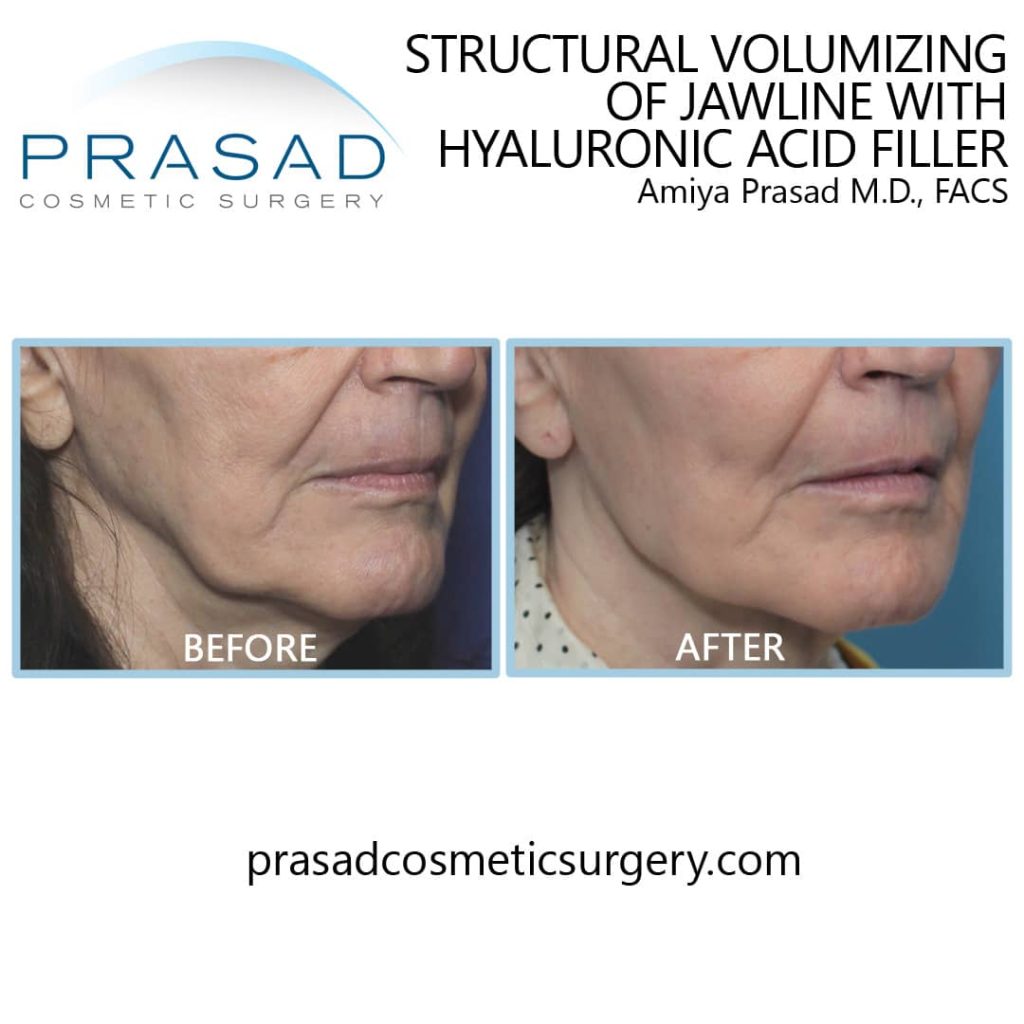
How to Choose the Best Dermal Filler Doctor?
A common belief is that results are dependent on the brand of the filler. Although the choice of filler is important, it’s the doctor’s technique that is critical for a desirable result. Results boil down to the experience, expertise, knowledge, and aesthetic style of the practitioner.
Safety is the highest priority. Injectable fillers have become so popular that most people don’t view them as invasive, particularly in contrast to surgery, because once you enter the skin, the procedure is considered invasive. With this principle in mind, I treat the placement of injectable fillers with the same level of care as I do with surgery. As with surgery, you begin first with a plan – you should have a clear understanding of what you should expect after the procedure in terms of results, and longevity.
What Can Go Wrong with Dermal Fillers?
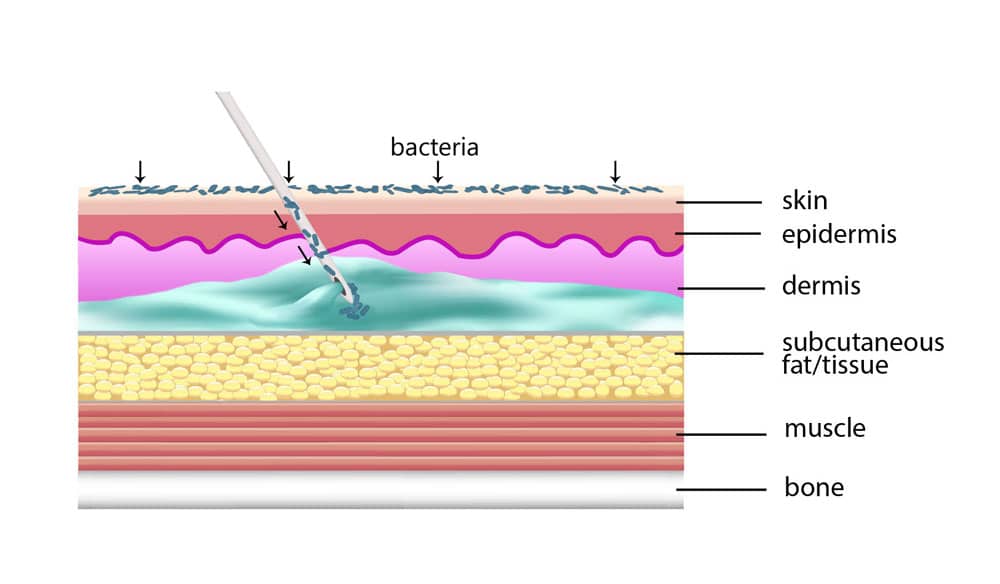
More serious complications include different types of infection such as biofilm. A biofilm typically occurs when bacteria from the skin surface is carried past the skin, and attaches to the surface of the filler material. Since the filler does not have a blood supply, an infection can occur which can be difficult to treat. Treatment usually involves the dissolution of the filler where the biofilm is on its surface.
Another potential complication is when the filler material is injected into an artery, which is called vascular occlusion. This can result in severe loss of large areas of skin, soft tissue, and even blindness. Just like our approach to surgery where we perform every procedure prepared for any emergency, it’s important to have the necessary equipment and supplies and be prepared for any filler-related emergency. As a surgeon, I’m available to my patients 24 hours a day, including patients who I perform injectable fillers and other cosmetic treatments.
When it comes to filler placement, I believe that knowledge derived from surgical exposure is unparalleled. Since you cannot see through the skin, the placement of filler is dependent on how the different levels of tissue feel. I often see patients who are dissatisfied with filler placement around the eyes. Too often, the practitioner practitioner is not someone who is a surgeon who operates in the eye area.
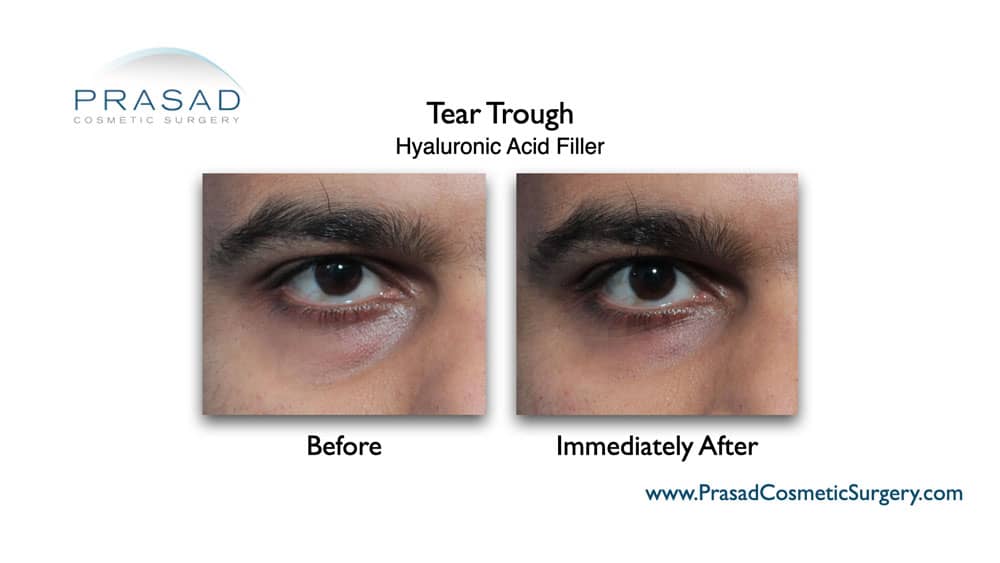
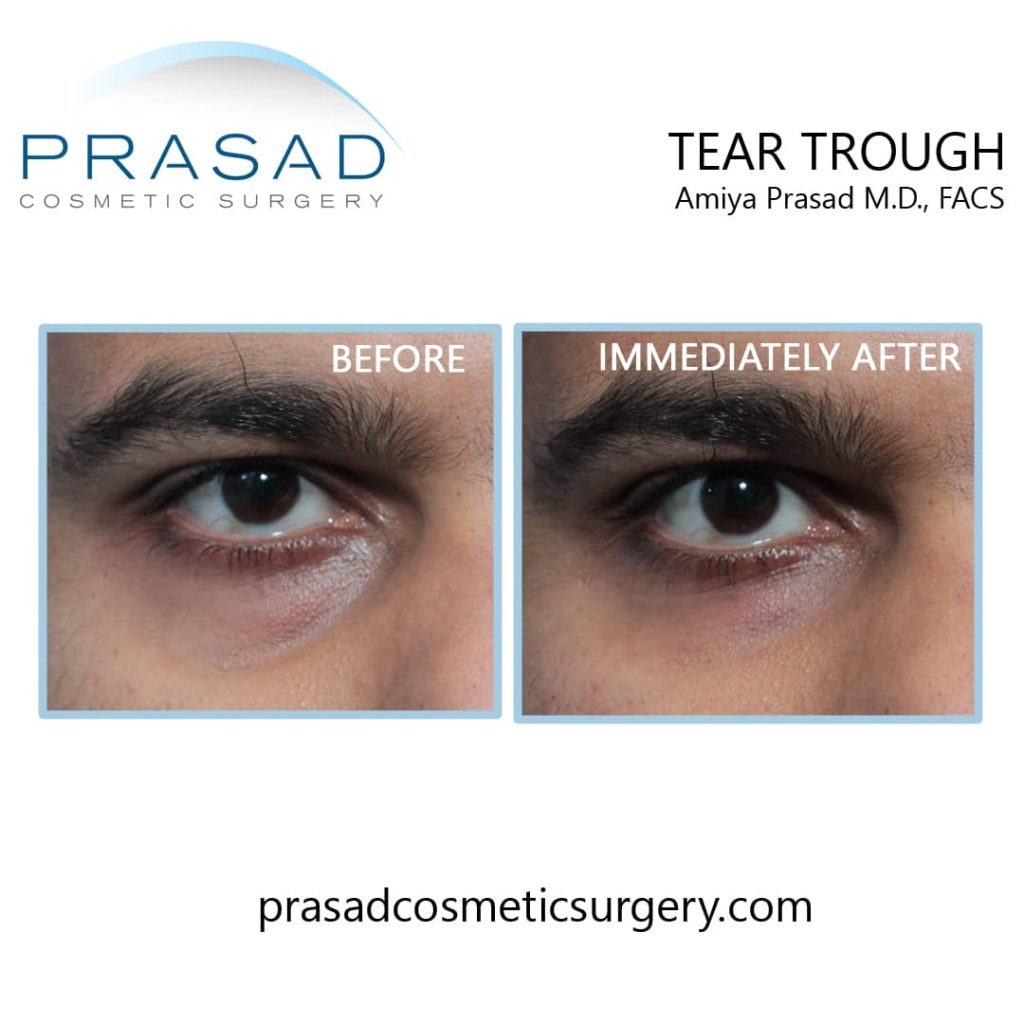
The eye area is a very small, and delicate area. A board-certified cosmetic surgeon, and Fellowship-trained oculoplastic surgeon like myself who specializes in eyelid surgery, and performs filler placement in this area routinely is less likely to have issues. No doctor is above having complications or dissatisfied patients, but I would argue that a higher level of expertise and experience is always advantageous.
Can Fillers Make Under Eye Bags Worse?
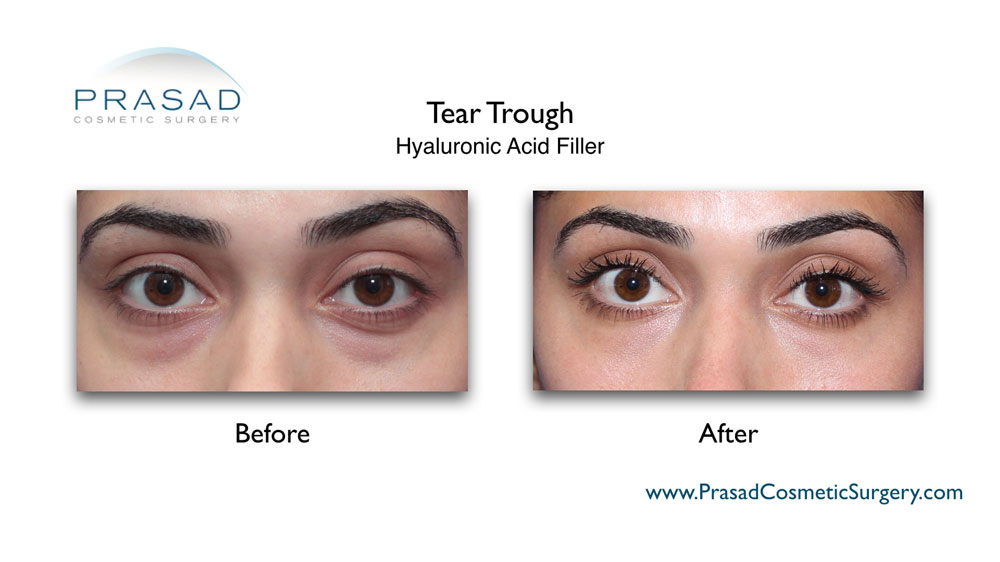
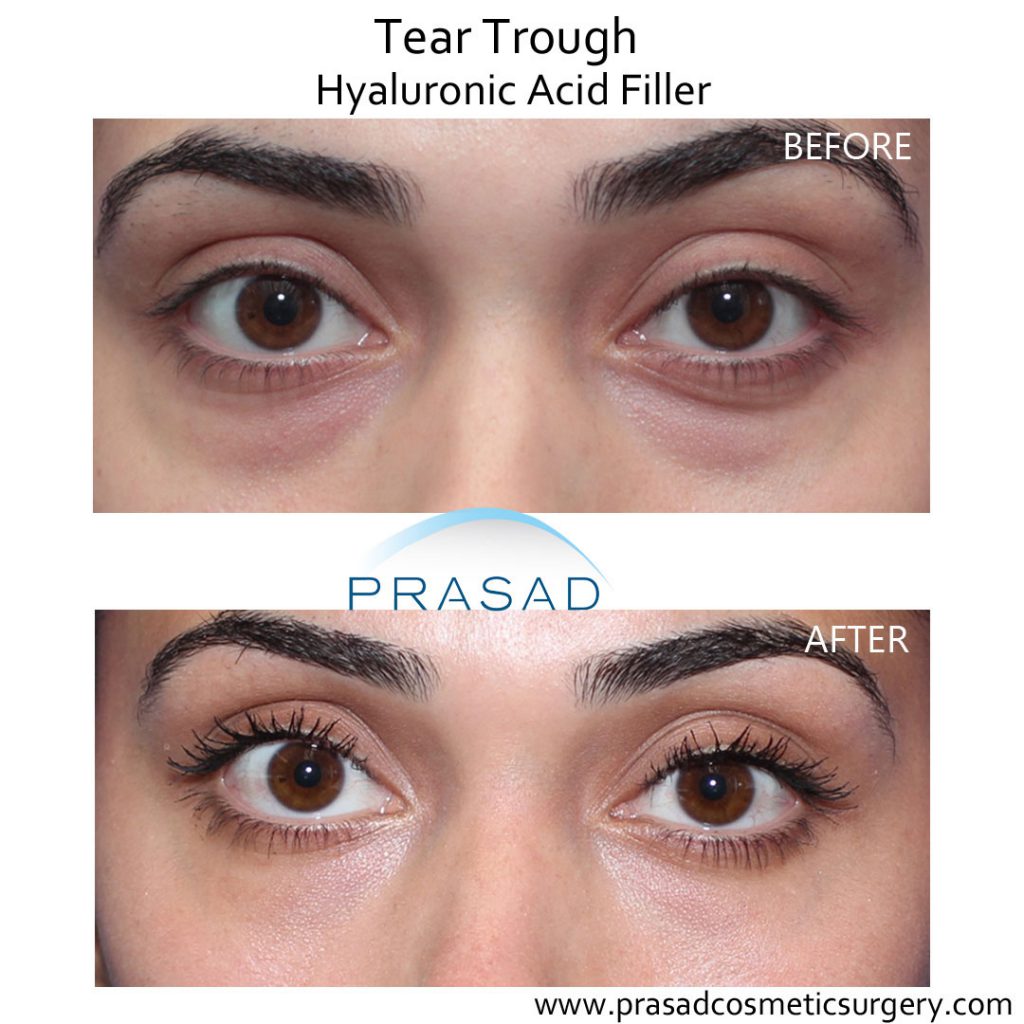
Filler placement under the eye is often associated with bruising because the eyelid is a very vascular area. As a cosmetic eyelid surgeon, I apply my knowledge and experience to place fillers with minimal trauma using blunt cannulas. This approach results in less recovery time, and more immediate results.
The same principle applies to treating hollowness in the upper eyelids. As an oculofacial plastic surgeon, I place fillers in a way that creates a natural and stable appearance, while avoiding common problems such as the filler getting lost in the eye socket.
What Could Go Wrong with Face Fillers?
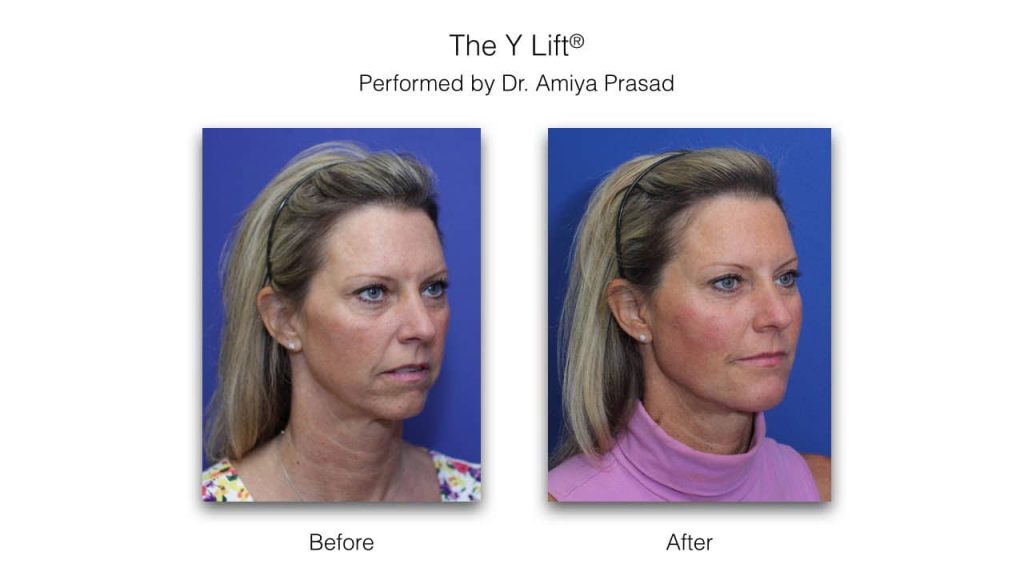
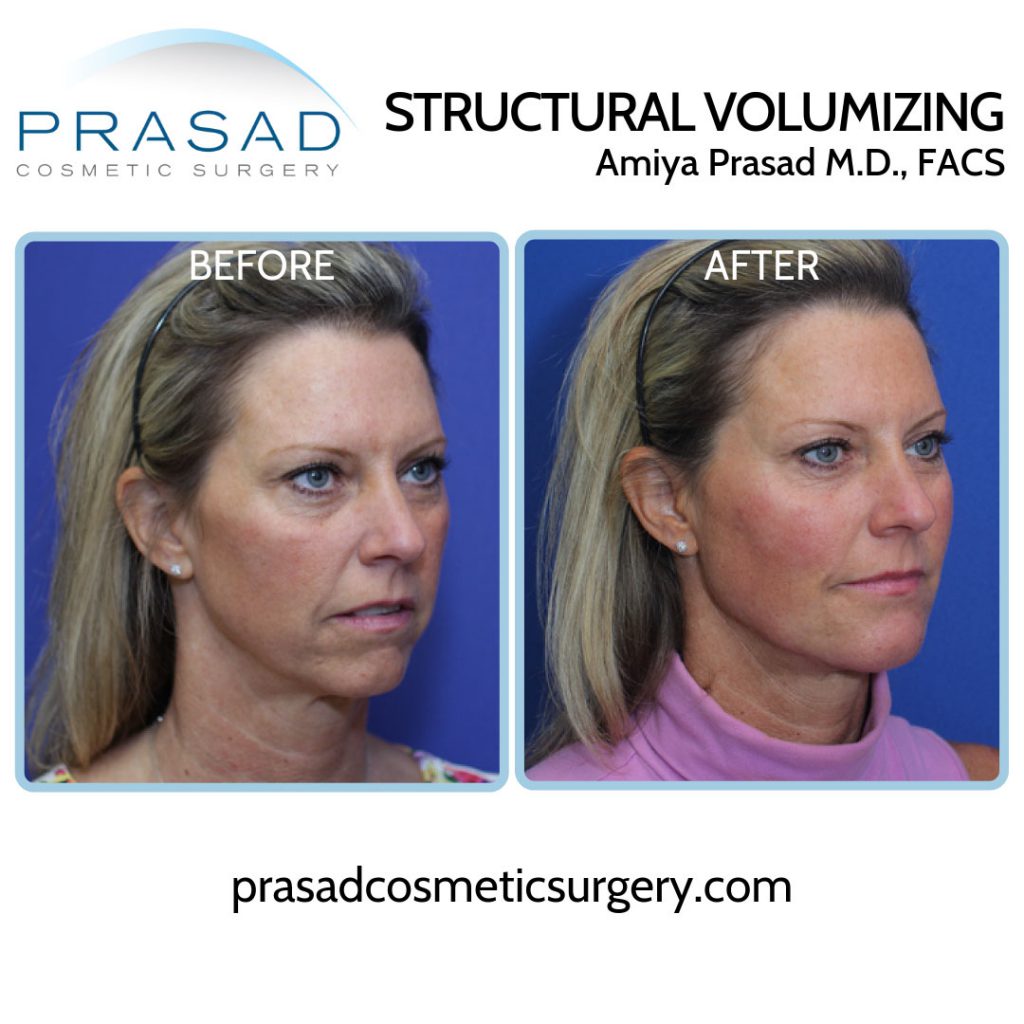
What are the Cons of Getting Lip Fillers?
Nothing inspires more concern about an unnatural look than lip fillers. I have this discussion every day with patients who are considering lip enhancement. It always begins with the phrase, “I don’t want duck lips” or “I don’t want lips like – place the celebrity name here”. Although this discussion is light-hearted, complications from lip filler placement can be quite serious. Lip injections have resulted in vascular compromise, resulting in tissue loss.
As a surgeon, before the introduction of modern hyaluronic acid (ha) fillers, I’ve augmented the lips with fat, SMAS tissue during facelift surgery, and Alloderm. The principles of these procedures are applied when I place filler for volume enhancement with blunt cannulas. Lip enhancement involves several areas which can be enhanced to create natural and attractive-looking lips.
When it Comes to Injectable Fillers, What is Important to the Patient?
The ease of finding a practitioner for cosmetic filler placement makes it seem like an easy non-surgical procedure without risk. Dermal filler injection is not to be taken lightly, and should be seen as invasive as surgery. Proper analysis, planning, adherence to standards for sterility, and preparation for complications are critically important. This means the practitioner you choose should be held to the same high standard you would apply if you were to undergo surgery.
